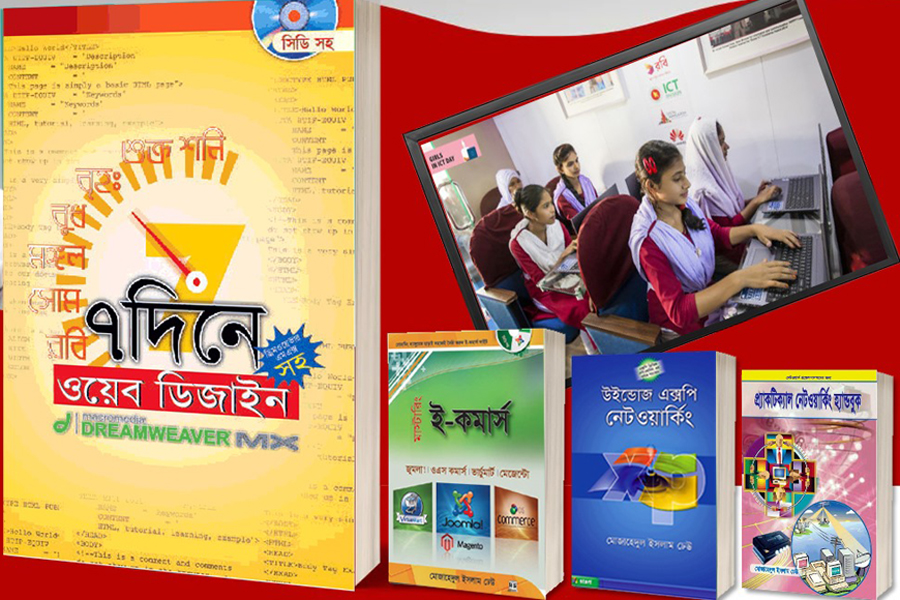
Published :
Updated :

In a time when computers were rare and the internet was a distant luxury—when Facebook hadn’t yet “entered the chat” and YouTube was still just a dream—Mojahidul Islam emerged as a trailblazer. Known as “Dheow,” he was one of the earliest writers to make the intimidating world of Information Technology accessible to Bengali speakers. His mission was simple but transformative: to empower youth with digital literacy and open doors to employment opportunities.
Mojahidul’s contribution to ICT education is nothing short of poetic. Through clear, reader-friendly writing in Bengali, he brought the complex world of computers into the living rooms of Bangladesh’s remotest corners. His work reached hills, chars, and villages, becoming a digital lighthouse guiding the curious and the unemployed alike.
His journey began in 2000 with IT journalism at The New Nation and later included roles at Ajker Kagoj, Computer Barta, E-Biz, and, since 2006, as the ICT Editor at The Daily Ittefaq. In 2003, when IT education was still finding its feet in Bangladesh, he published the first Bengali books outlining essential digital skills for unemployed youth. These included Basic Computer Operations (hardware/software knowledge, file management, and operating systems), Office Applications (Microsoft Word, Excel, and PowerPoint), Internet & Email (browsing, research, and email usage), Graphics & Multimedia (basics of Photoshop, Illustrator, and multimedia tools) and Online Safety (cyber awareness and personal data protection).
At that time, IT learners had little choice but to rely on expensive, complex English manuals. Limited internet access and a shortage of qualified trainers made learning even more difficult. Mojahidul’s Bengali-language ICT books filled this critical gap, quickly becoming the go-to learning resources for countless institutions.
He also promoted short-term training programmes in web and graphic design, SEO, hardware troubleshooting, and e-commerce management—arguing that with 70% of Bangladesh’s population under 30, their participation in the tech industry was essential for national development.
His books gained recognition not only in Bangladesh but also in West Bengal, India. Notable titles include Practical Networking Handbook, Swapner Career (Dream Career), 7 Dine Web Design: Dreamweaver MX, Web Database Application: MySQL-PHP, Mastering E-Commerce, Windows XP Networking, Mobile Phone Khutinati, Network Dictionary, Digital Photography, Freelance Outsourcing of Possibilities, and Computer Hardware.
Bangladesh’s youth population—about 60 million out of 180 million people—remains the nation’s greatest asset. Mojahidul claims over the last 15 years, more than 2.3 million students have gained basic ICT skills through his books while roughly 2 million learned to manage email accounts and create essential documents, about half a million now access government e-services, and at least 18,000 have launched freelancing careers, earning foreign currency and contributing to the national economy.
For Mojahidul, technology is not just a tool; it’s a transformative force. For the youth, computer training isn’t only about skill; it’s about unlocking a future. And he has handed them the key.


 For all latest news, follow The Financial Express Google News channel.
For all latest news, follow The Financial Express Google News channel.